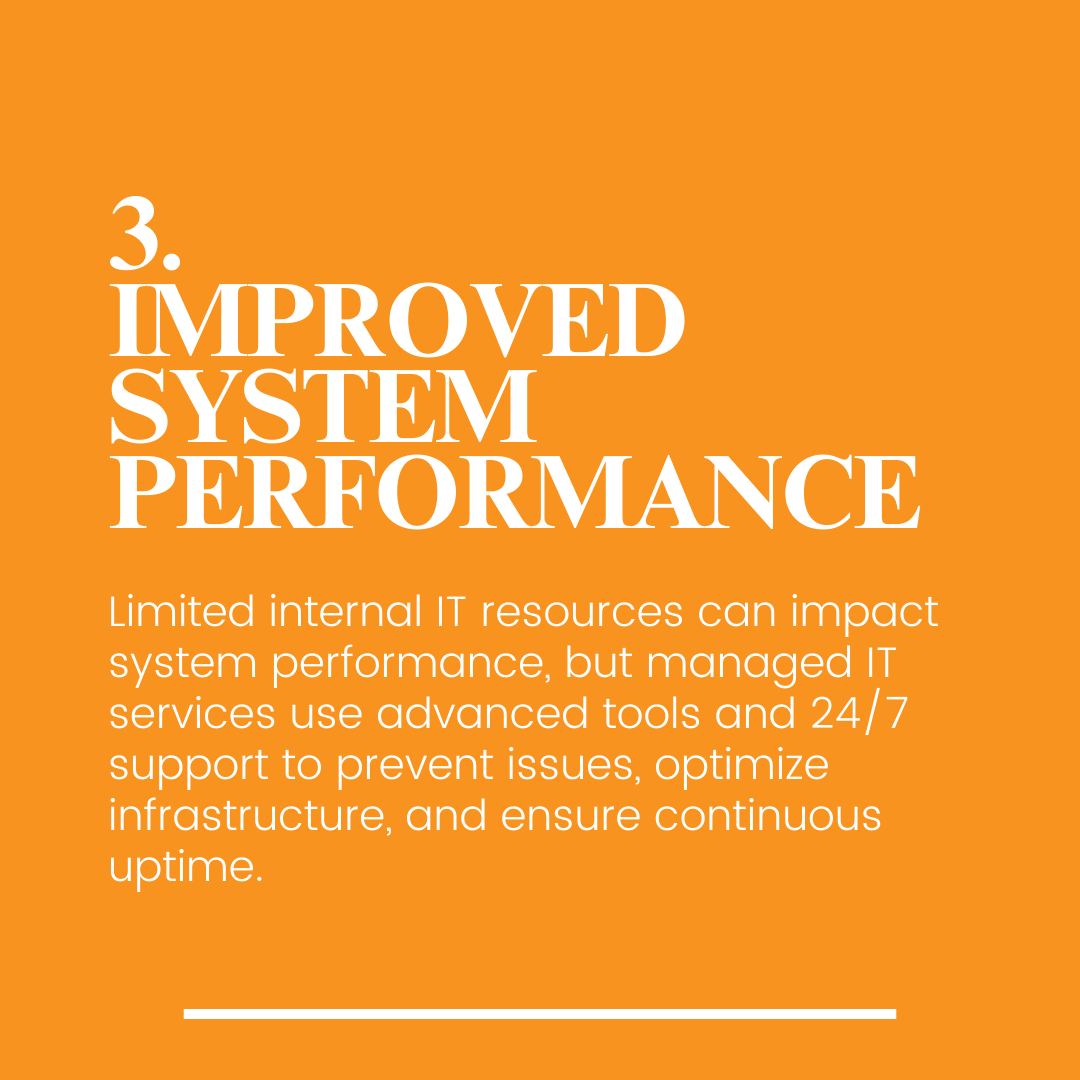How Managed IT Services in Wichita Support HIPAA Compliance

HIPAA compliance is non-negotiable for healthcare providers. Whether it’s a small dental practice or a multi-location clinic in Wichita, patient data must be protected from unauthorized access, breaches, and loss. But keeping up with evolving regulations, cybersecurity demands, and documentation requirements can overwhelm internal teams. That’s why many healthcare organizations turn to managed IT services Wichita for hands-on compliance support.
Understanding HIPAA’s IT Requirements
The HIPAA Security Rule outlines technical safeguards that every covered entity must implement. These are mandatory for protecting electronic protected health information (ePHI). Organizations that fail to meet HIPAA requirements may face fines between $100 and $50,000 per individual violation, depending on the severity and level of negligence. More than that, it can damage a provider’s reputation and erode patient trust.
A few key requirements include:
Access controls that limit who can view patient records
Unique user IDs and login credentials for accountability
Automatic logoff features to reduce exposure on idle devices
Data encryption during storage and transmission
Audit controls to track access history and changes to records
Regular system risk assessments to detect vulnerabilities
Secure data backup and recovery with documented policies
The Compliance Gaps in Small Healthcare Practices
Local healthcare providers in Wichita often rely on general IT support, internal staff, or outdated tools that weren’t designed for regulatory standards. These vulnerabilities don’t just expose practices to fines, they increase the risk of cyberattacks, data breaches, and patient data loss.
Common gaps include:
Lack of centralized access control policies
Unsecured Wi-Fi or improperly configured firewalls
Infrequent software patching or antivirus updates
Missing or inconsistent audit trails
Unencrypted data backups or cloud storage
No formal incident response plan or documentation process
Staff not trained on phishing or social engineering threats
How Managed IT Services Address These Risks
A reliable managed service provider can implement the systems and processes needed to meet HIPAA requirements while also reducing the day-to-day IT burden on internal staff.
Here’s how they help:
24/7 network monitoring to catch threats and respond in real time
Role-based access controls to regulate who can access sensitive systems
HIPAA-compliant backup solutions with offsite data replication
Multi-factor authentication (MFA) for all users
Routine patching and updates to eliminate known vulnerabilities
Real-time activity logging and reporting for audit preparedness
Staff cybersecurity training to help prevent accidental breaches
Documentation support for audits, policies, and technical safeguards
Why Local Support Matters
Working with a local provider of managed IT services Wichita means faster response times, in-person support when needed, and a stronger understanding of regional compliance challenges. A provider familiar with Kansas’s healthcare landscape can deliver practical solutions that reflect the unique risks and regulations facing clinics in the area.
Companies like Imagine IT offer a compliance-forward approach to IT services. Their team works directly with healthcare providers to align technology with operational goals, offering managed IT services Wichita, proactive security systems, and compliance readiness. From gap assessments to secure onboarding processes, Imagine IT helps medical teams avoid last-minute scrambles during audits.
HIPAA Audits: Be Prepared, Not Scrambling
HIPAA audits often follow reported breaches or internal complaints. Practices that partner with a managed IT team benefit from:
Pre-audit checklists and documentation
A defined incident response plan
Proof of ongoing staff training
Centralized compliance reporting
Secure systems ready for inspector review
Supporting Hybrid Healthcare Models
Wichita’s healthcare environment continues to evolve, with many providers adopting telehealth and hybrid care models. These changes come with new challenges related to data security, patient privacy, and system accessibility. A managed service provider can help address these concerns by implementing HIPAA-compliant protections such as:
Secure VPN access to protect data transmission for remote staff
Endpoint monitoring to detect threats on devices used outside the clinic
Cloud security configurations for platforms used in virtual care
Encrypted communications between patients and providers
Access controls that restrict sensitive data based on user roles
Final Thoughts
Staying HIPAA compliant is more than just locking down files. It’s about having a complete, well-documented system in place, from access controls to backup policies. For Wichita-based providers, partnering with a qualified managed service provider makes that possible.
A strong IT foundation helps healthcare teams stay focused on what matters most—delivering care, not worrying about audits, breaches, or penalties. With the right managed IT support, HIPAA compliance becomes a process, not a problem.
Note: IndiBlogHub features both user-submitted and editorial content. We do not verify third-party contributions. Read our Disclaimer and Privacy Policyfor details.







